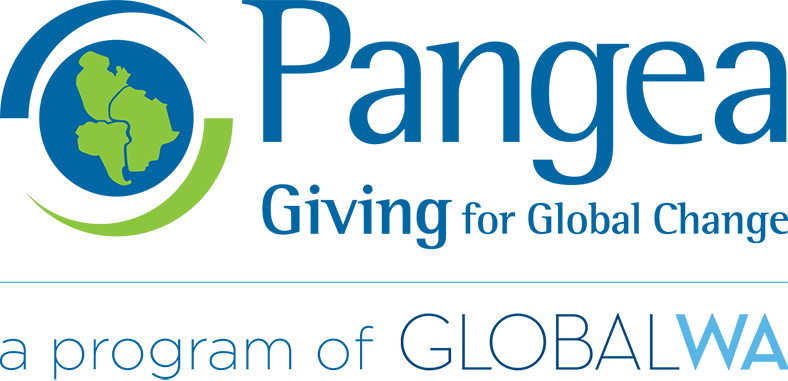Give grants to Grassroots and Not Big NGOs | Voices of Our Partners
This guest article was written by Ruth Nderitu – Monitoring and Evaluation Officer Dandelion Africa
What you need to know:
- Many development partners and foundations prioritize supporting large established organizations.
- This model denies grassroots organizations resources that could increase their capacity to improve the livelihoods of the local communities
- Funders should consider increasing and diversifying allocations to grassroots organisations in their grant portfolios.

Development partners and foundations have, over time, offered much-needed support to communities in times of crisis. The Covid-19 pandemic is a case in point. When it broke out, many funders readily responded to appeals for support from various African governments, Kenya included. In a span of a few months, Kenya had received over 2.7 billion Kenyan shillings ($25 million) to boost its Covid-19 response. Many funders also donated money to buy items such as face masks, sanitiser, soap, food and sanitary towels for local communities.
Unfortunately, the donations were primarily made to large and mainstream non-governmental organizations (NGOs) with little or no grassroots presence. Smaller organizations, whose operations are inextricably linked with the communities, were left out.
And this has been the norm. A 2020 report released by Mama Cash shows bilateral and multilateral donors committed more than $1 billion in funding to support gender equality, particularly in the Global South in 2017-2019. But the bulk of the resources have not reached feminist movements. Instead, for decades, more than 99 percent of official development assistance (ODA) funding for gender equality has consistently supported large organizations, gone to governments, or stayed within development agencies themselves.
But that denies the grassroots organizations resources that could increase their capacity to improve the livelihoods of the local communities. These organizations inhabit the lowest societal tiers and therefore best understand community needs, challenges and the social fabric. Also they have permanent infrastructure and are solid to their vision.
Short-term and restricted
The bias in funding also plays out in the reality of grant expectations for grassroots actors. In these organizations, the application process for funding is often rigorous, time-consuming, and has unrealistic eligibility criteria. One can spend an entire month pushing for a proposal with clear and concise objectives and a theory of change backed with irrefutable evidence of past accomplishment only to get a rejection email months later.
If the application is successful, the grants are usually short-term and restricted with an extensive metric-based impact evaluation process required. This ignores the fact that it takes time to lay the groundwork, target key stakeholders and duty bearers, conduct advocacy regarding the intended outcomes, and, eventually, achieve visible outcomes.
Why do funders think that grassroots actors lack the capacity to manage large amounts of money?
There is a need for funders to dispense with their reluctance to support grassroots organizations. They should consider increasing and diversifying allocations to such organisations in their grant portfolios. That will build their capability to directly change the lives of current and future generations.
It’s prudent to urgently shift the power to communities for communities by communities.
Ruth Nderitu is the head of advocacy programs for Dandelion Africa, a grassroots organization building sustainable communities by stimulating awareness on economic livelihoods and Sexual Reproductive Health for women and youth in rural areas of Kenya. She is a versatile Public Relations Specialist with a niche in data visualization, development of strategic partnerships with key actors to achieve advocacy goals, and assists in the formulation of project proposals and fundraising. Ruth finds purpose in building capacities of communities and duty bearers on Gender-Based Violence Response Mechanism and Good governance. Writing is her first love.
